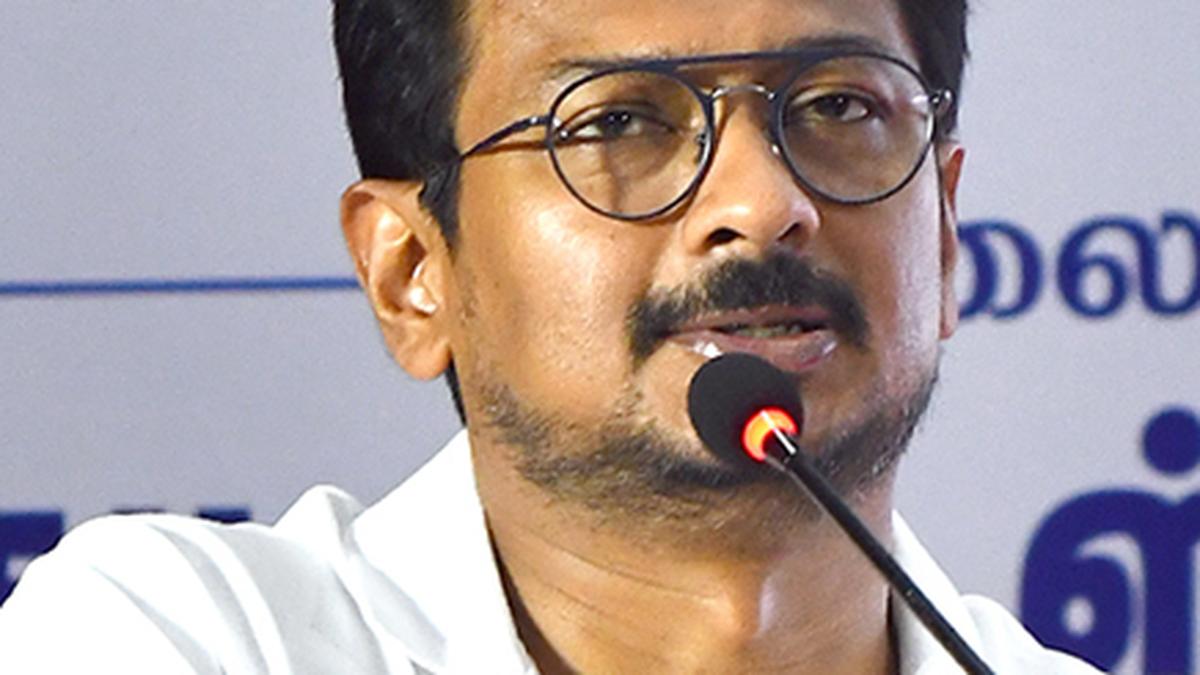ARTICLE AD BOX
Last Updated:September 10, 2025, 15:43 IST
Group Captain Shubhanshu Shukla discussed Axiom-4 at AKTU, highlighting microgravity, re-entry risks, and India's space goals to inspire students

Shubhanshu Shukla described how the Blue Dragon capsule travels at nearly 28,000 km per hour. (News18 Hindi)
Microgravity changes the human body in unimaginable ways. “Your head swells, your heartbeat slows down, your breathing becomes longer, and you face nausea and headache. But science does not wait. You keep working, the responsibility is always heavy," said Group Captain Shubhanshu Shukla, who recently returned after participating in the 20-day Axiom-4 mission.
Speaking at the convocation ceremony of Dr APJ Abdul Kalam Technical University (AKTU), Shukla shared his experiences of space travel, describing the harsh conditions, dramatic re-entry, and the profound lessons he carried back to Earth.
Despite the physiological challenges, Shukla said that the work never stops in orbit. “Despite the stress in space, work has to be continued because it is very important to keep the samples taken there safe," he explained, adding that the re-entry into Earth’s atmosphere remained the most thrilling and dangerous part of the mission.
He described how the Blue Dragon capsule travels at nearly 28,000 km per hour, “which is like covering the distance from Lucknow to Delhi in just 60 seconds". The descent, he said, was both spectacular and terrifying. “When it hits the atmosphere, the temperature of the capsule reaches 4,000 degrees Fahrenheit. Courage does not mean not being afraid, but moving forward despite fear. Opportunity is always hidden behind fear. From the window, we could see the red, orange, green and purple flames engulfing the capsule. A thin red line was separating us from that fire and the glow of engineering. Courage is needed to endure it," he explained.
For him, however, the most valuable takeaway was a simple yet profound one. “The biggest lesson from space travel for me was to enjoy the journey," he told the students, adding, “Goals and dreams are important, but do not forget the enjoyment of the process. Even after working 11-12 hours daily in space, the scientific team used to enjoy fun, games and small moments."
Shukla also lauded AKTU’s recent initiative of setting up Space Excellence Centres on various campuses. He said such centres would not only provide advanced training but also offer direct industry engagement. Announcing a significant step forward, he revealed that the university would soon sign an MoU with private space companies, creating internship opportunities where students could witness cutting-edge technologies shaping India’s space future.
Reflecting on India’s image from space, Shukla drew a poignant comparison. “Forty-one years ago Wing Commander Rakesh Sharma travelled to space and said that India looks ‘saare jahan se achcha’. This time when I looked down, I saw something else. A nation that is fearless, ambitious, unique and daring enough to dream big."
First Published:
September 10, 2025, 15:43 IST
News india Swollen Head, Slow Heart: Astronaut Shubhanshu Shukla On What Happens To Human Body In Space
Disclaimer: Comments reflect users’ views, not News18’s. Please keep discussions respectful and constructive. Abusive, defamatory, or illegal comments will be removed. News18 may disable any comment at its discretion. By posting, you agree to our Terms of Use and Privacy Policy.
Read More



.png)
.png)
.png)
















 4 hours ago
5
4 hours ago
5





 English (US) ·
English (US) ·